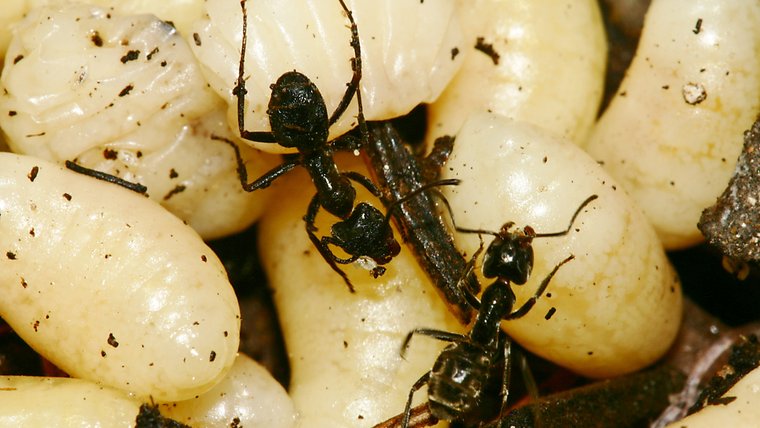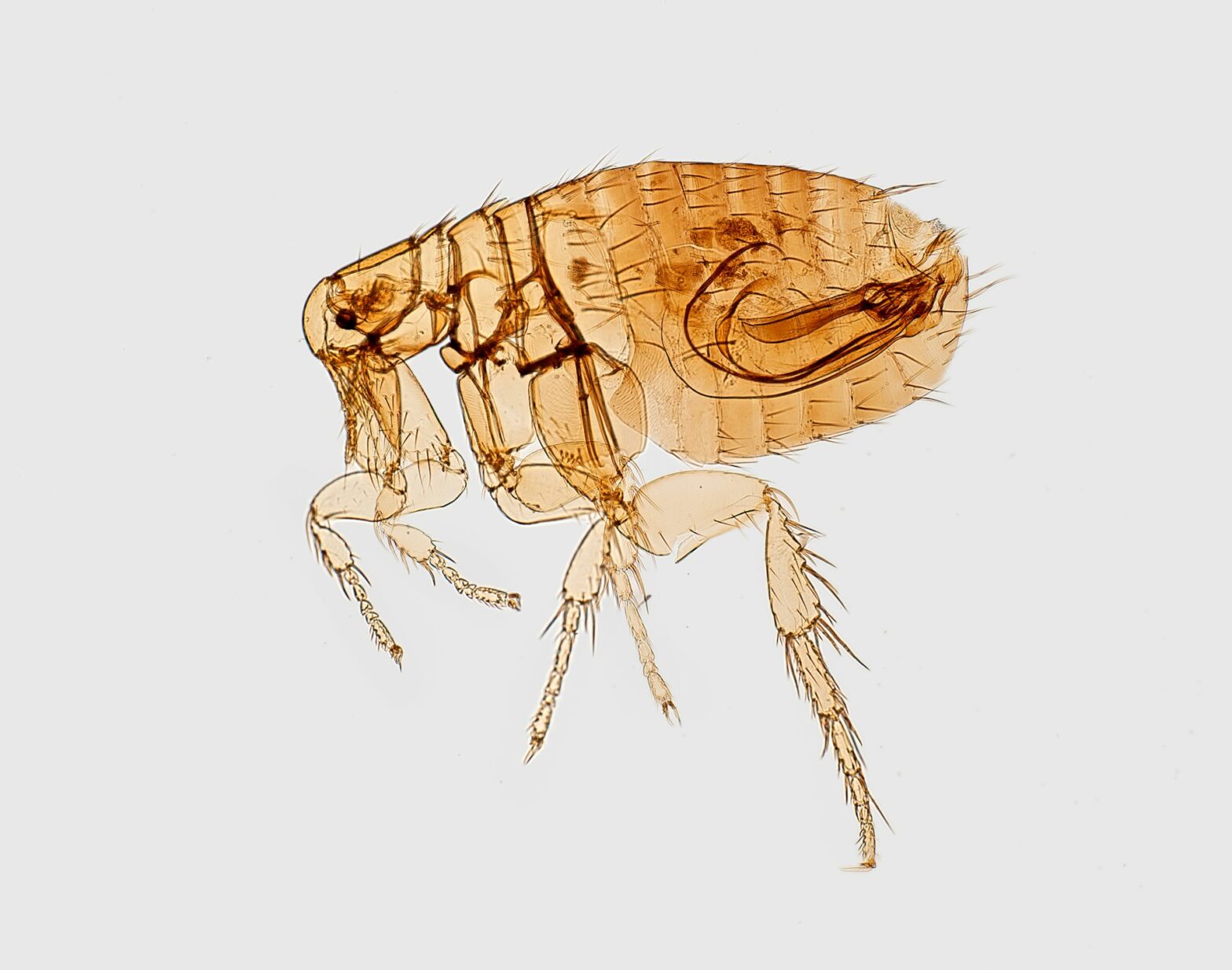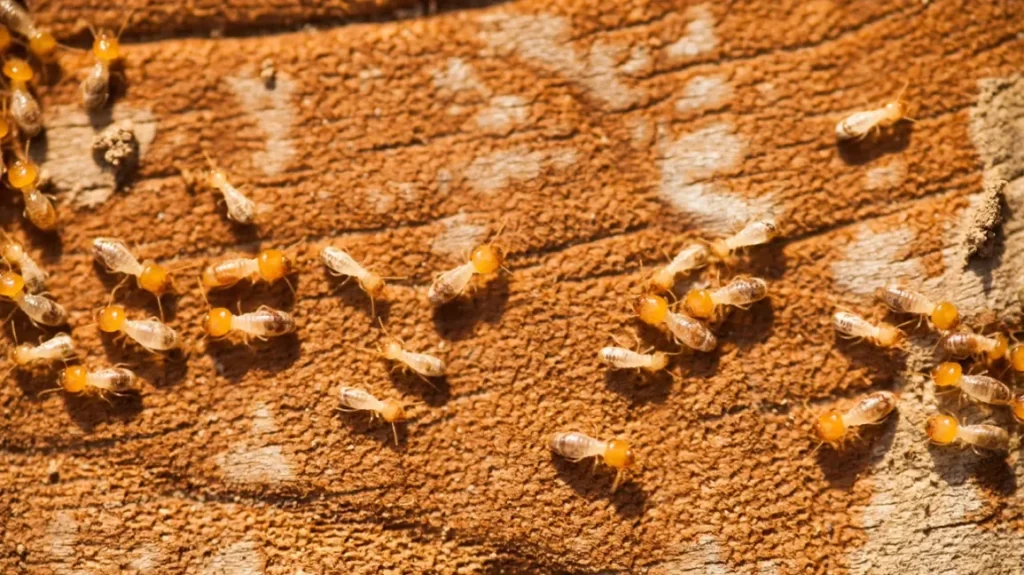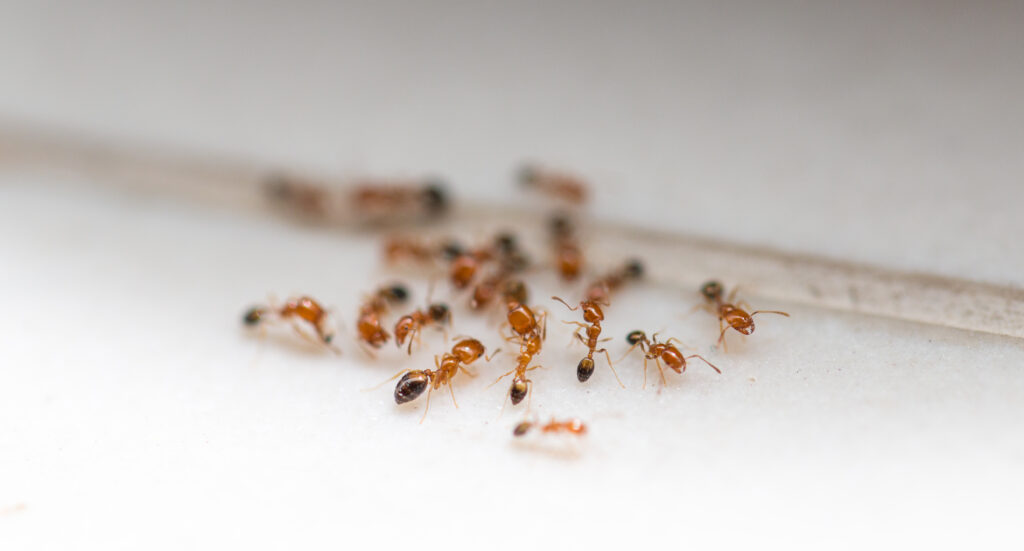When it comes to pest control, many homeowners are looking for effective solutions that don’t rely on harmful chemicals. 911 Home Helps understands the importance of maintaining a safe and healthy environment while managing pests. That’s why we advocate for natural pest control methods that can be just as effective as conventional treatments, without the risks associated with toxic chemicals. Here, we’ll explore some of the top natural ingredients used for pest control—essential oils, diatomaceous earth, and botanical extracts—and explain how they work to keep pests at bay.
- Essential Oils: Nature’s Pest Repellent
Essential oils are highly concentrated extracts from plants, and many have natural pest-repellent properties. Different essential oils target various types of pests, making them versatile tools for natural pest control. Let’s take a look at a few commonly used essential oils and how they deter pests:
- Peppermint Oil
Peppermint oil is one of the most widely used essential oils in natural pest control. Its strong scent is highly effective at repelling ants, spiders, and even mice. Peppermint oil contains menthol, which interferes with the pests’ ability to communicate and navigate. A few drops of peppermint oil mixed with water can be sprayed around doorways, windows, and other entry points to keep pests away. - Tea Tree Oil
Tea tree oil is known for its antifungal and antibacterial properties, making it effective against pests such as ants, cockroaches, and bed bugs. The strong scent of tea tree oil acts as a repellent, while its natural properties can help eliminate bacteria and fungi that pests may carry. Applying a diluted solution of tea tree oil around problem areas can prevent infestations and discourage pests from entering your home. - Lavender Oil
While lavender is pleasing to humans, it has the opposite effect on pests like fleas, mosquitoes, and moths. Lavender oil’s calming aroma masks the scents that pests use to locate their food sources, effectively repelling them. This oil is especially useful in closets, drawers, and other areas where pests may hide.
- Diatomaceous Earth: A Natural Desiccant
Diatomaceous earth (DE) is a natural powder made from the fossilized remains of microscopic organisms called diatoms. This powder is harmless to humans and pets but deadly to pests with exoskeletons, such as ants, cockroaches, and fleas. When insects come into contact with DE, it clings to their bodies, absorbing the oils and fats from their exoskeletons and causing them to dehydrate and die.
To use diatomaceous earth for pest control, simply sprinkle it in areas where pests are likely to travel, such as along baseboards, near entry points, or even directly in ant trails. Be sure to use food-grade diatomaceous earth, as it is safe for indoor use and non-toxic. DE is effective for extended periods as long as it remains dry, making it a reliable long-term pest control solution.
- Botanical Extracts: Plant-Based Pest Solutions
Botanical extracts are derived from various plants known for their pest-repellent properties. These extracts contain naturally occurring compounds that are toxic to certain pests but safe for humans and pets. Some commonly used botanical extracts for pest control include:
- Neem Oil
Extracted from the seeds of the neem tree, neem oil has been used for centuries as a natural pesticide. It contains azadirachtin, a compound that disrupts the growth and reproduction of pests like aphids, mites, and whiteflies. Neem oil is also effective against mosquitoes and bed bugs. When applied to plants, neem oil can prevent insects from feeding and laying eggs, helping to control pest populations without harmful chemicals. - Citrus Extracts
Citrus oils, such as orange and lemon oil, contain a compound called d-limonene that is toxic to many insects, including ants, fleas, and roaches. Citrus extracts are especially useful for deterring pests in the kitchen and other food-preparation areas. The fresh scent of citrus oils masks the odors that attract pests, while d-limonene breaks down their protective exoskeletons, effectively killing them on contact. - Garlic Extract
Garlic has natural sulfur compounds that repel a wide variety of pests, from mosquitoes and ticks to slugs and snails. Garlic extract can be used in gardens and around the home as a natural repellent. The smell of garlic confuses pests, making it difficult for them to locate food sources or potential nesting sites.
The Benefits of Natural Pest Control
Using natural ingredients for pest control offers several advantages over traditional pesticides. Natural pest control methods are typically safe for humans, pets, and the environment. They reduce the risk of exposure to toxic chemicals, which can lead to health problems, and they do not harm beneficial insects, like bees and butterflies, that are essential to ecosystems. Natural pest control solutions also help prevent the development of pesticide resistance, a growing problem with chemical-based methods.
At 911 Home Helps, we are committed to providing effective pest control solutions that prioritize the health and safety of our clients. By incorporating essential oils, diatomaceous earth, and botanical extracts into our pest management services, we help protect your home from pests without introducing harmful chemicals into your living space.
Conclusion
When it comes to pest control, natural ingredients offer a safe, effective, and environmentally friendly alternative to traditional pesticides. Essential oils, diatomaceous earth, and botanical extracts each have unique properties that repel or eliminate pests without posing a risk to your family or pets. With 911 Home Helps, you can achieve a pest-free home while supporting a healthier, more sustainable approach to pest control.





